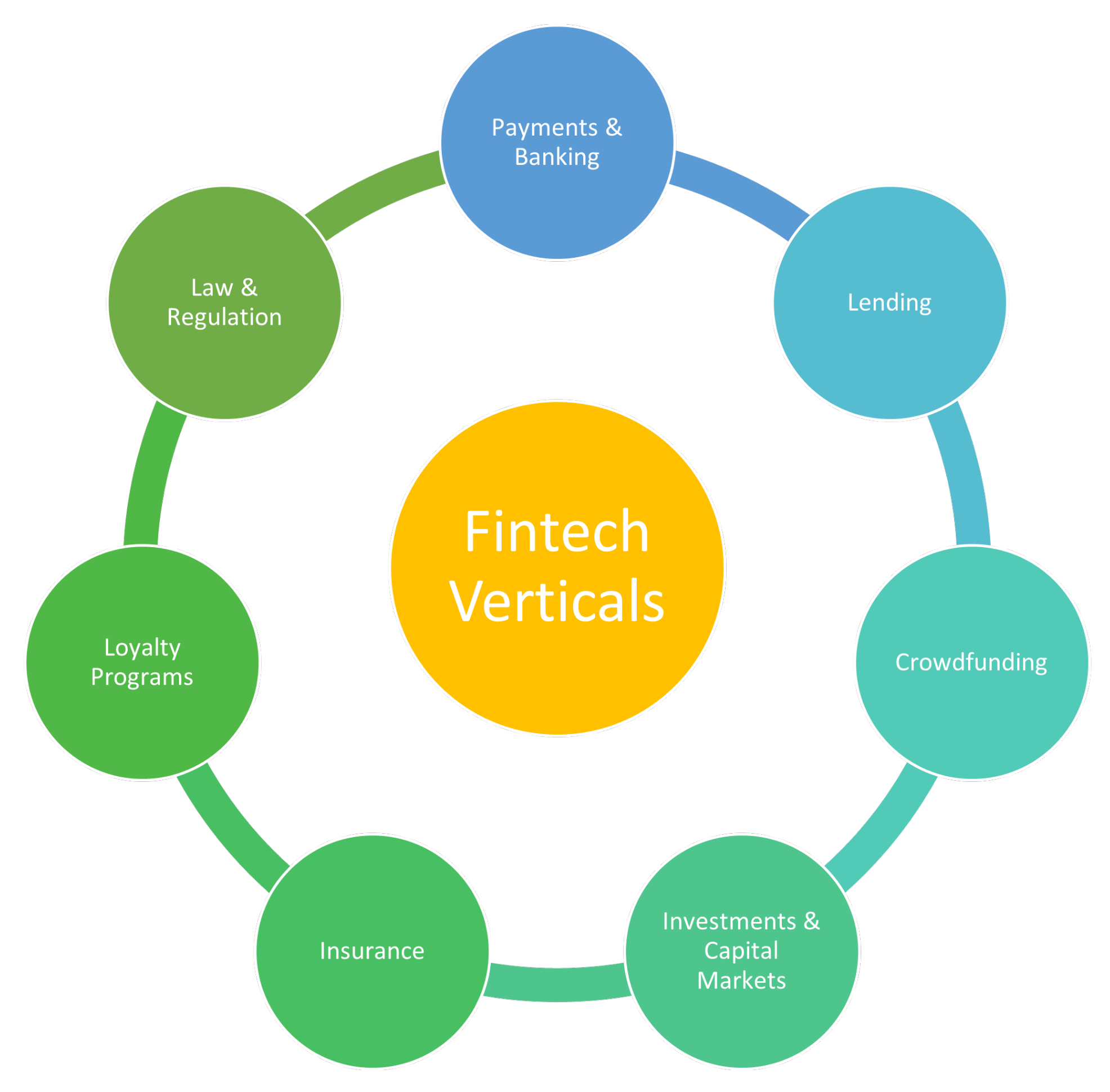Cryptocurrency has gained immense popularity in the realms of finance and technology, capturing widespread attention and interest. It has captured the imagination of people around the globe and transformed the way we perceive and use money. But what exactly is cryptocurrency, and how does it work? In this article, we will delve into the intricacies of cryptocurrency, demystifying its underlying technology, its benefits and challenges, and its potential impact on the future of finance.
What is Cryptocurrency?

Cryptocurrency refers to a type of digital or virtual currency that relies on cryptography for secure financial transactions, regulates the creation of new units, and validates asset transfers. In contrast to conventional government-issued fiat currencies, cryptocurrencies are decentralized and function on a technology known as blockchain.
Blockchain Technology The Foundation of Cryptocurrency

Blockchain is the underlying technology that powers cryptocurrencies. It is a distributed ledger that records all transactions across a network of computers, ensuring transparency, security, and immutability. Each transaction is grouped into a block and added to the chain, forming a chronological sequence of transactions.
Decentralization The Key Feature of Cryptocurrency

Decentralization is a key characteristic of cryptocurrency, highlighting its fundamental nature. Traditional financial systems rely on centralized authorities such as banks or governments to regulate and control transactions. Cryptocurrencies, on the other hand, are decentralized networks that operate without a central authority. The decentralized nature of cryptocurrency offers numerous benefits, such as increased security, transparency, and resistance to censorship.
Cryptocurrency Mining Securing the Network

Cryptocurrencies like Bitcoin employ a process called mining to secure their networks and validate transactions. Miners use powerful computers to solve complex mathematical problems, and in return, they are rewarded with newly created cryptocurrency tokens. Mining plays a crucial role in maintaining the integrity and security of the blockchain network.
Types of Cryptocurrencies

The cryptocurrency landscape is diverse, with thousands of different cryptocurrencies in existence. Bitcoin, created by an anonymous person or group known as Satoshi Nakamoto, was the first and remains the most well-known cryptocurrency. Other popular cryptocurrencies include Ethereum, Ripple, Litecoin, and many more, each with its unique features and use cases.
Cryptocurrency Wallets Storing and Managing Digital Assets

To store and manage cryptocurrencies, users utilize digital wallets. These wallets can be software-based or hardware devices designed specifically for securely storing digital assets. Wallets provide users with public and private keys, which are used to access and transfer their cryptocurrencies. It is crucial to keep these keys secure to prevent unauthorized access.
Transactions and Smart Contracts
![What is a Smart Contract in Blockchain and How Does it Work [2022 Edition] | Simplilearn](https://www.simplilearn.com/ice9/free_resources_article_thumb/what_is_smart_contract.jpg)
Cryptocurrencies facilitate direct transactions between peers, eliminating the requirement for intermediaries. These transactions are logged on the blockchain and can be traced back to their source. Smart contracts, powered by blockchain technology, are self-executing agreements with predetermined rules and conditions. They automate the implementation and enforcement of contracts, ensuring they remain tamper-proof and transparent.
The Pros and Cons of Cryptocurrency

Cryptocurrency offers several advantages, including fast and secure transactions, reduced fees, financial inclusivity, and potential investment opportunities. However, it also poses challenges such as Demystifying Cryptocurrency price volatility, regulatory uncertainty, potential for illicit activities, and environmental concerns associated with energy-intensive mining operations.
Regulatory Challenges and Future Outlook

The regulatory landscape surrounding cryptocurrencies is still evolving, with governments and regulatory bodies worldwide grappling with how to address this new form of digital finance. The future of cryptocurrency looks promising, with the potential to revolutionize various sectors, including finance, supply chain management, and decentralized applications.
Summary
Cryptocurrency has emerged as a disruptive force in the world of finance, offering an alternative to traditional banking systems. Its underlying technology, blockchain, provides transparency, security, and decentralization. While the road ahead may present challenges, the potential benefits and opportunities offered by cryptocurrencies are undeniable. As we continue to demystify cryptocurrency, it is crucial to stay informed, exercise caution, and explore the vast possibilities that this new financial frontier presents.
FAQs
What is cryptocurrency?
Cryptocurrency is a digital or virtual form of currency that operates on decentralized networks using cryptography for secure transactions.
How does blockchain technology work?
Blockchain is a distributed ledger that records transactions across a network of computers, ensuring transparency and security through cryptography.
What is cryptocurrency mining?
Cryptocurrency mining is the process of validating transactions and securing the blockchain network using powerful computers to solve complex mathematical problems.
Are cryptocurrencies regulated?
The regulatory landscape for cryptocurrencies is still developing, with governments and regulatory bodies working towards establishing frameworks to address the challenges and opportunities presented by cryptocurrencies.
What are the advantages of cryptocurrency?
Cryptocurrency offers fast and secure transactions, reduced fees, financial inclusivity, and potential investment opportunities.
